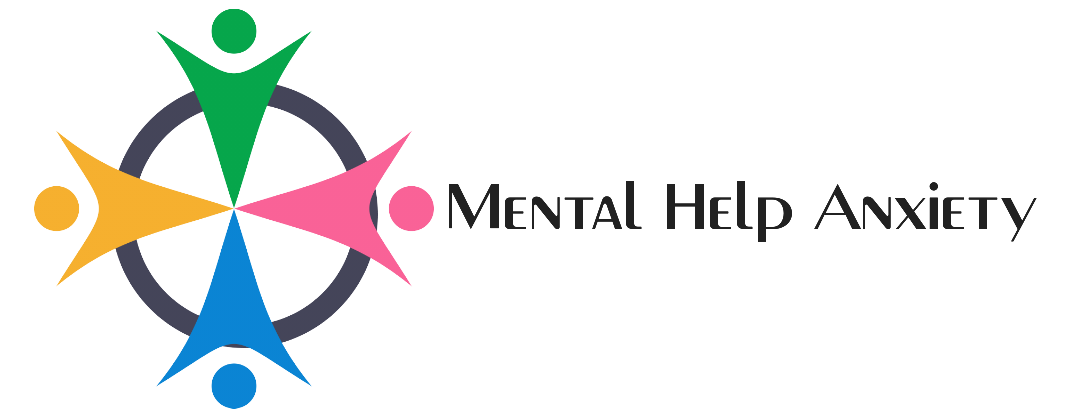Depression is one of the most common mental health disorders, affecting millions worldwide. While many individuals find relief through conventional treatments such as antidepressant medications and psychotherapy, a significant portion—about 30%—do not respond adequately. This condition is known as treatment-resistant depression (TRD). TRD presents unique challenges, requiring specialized approaches for effective management.
What is Treatment-Resistant Depression?
Treatment-resistant depression is defined as major depressive disorder (MDD) that does not improve after two or more adequate trials of antidepressant medications. Patients with TRD often experience persistent symptoms such as low mood, fatigue, suicidal thoughts, and an inability to experience pleasure despite receiving treatment.
Causes of Treatment-Resistant Depression
Several factors contribute to TRD, including:
Incorrect Diagnosis – Some cases of TRD arise due to misdiagnosis. Conditions such as bipolar disorder, anxiety disorders, or medical conditions like hypothyroidism can mimic depression.
Genetic Factors – Some individuals have genetic variations that affect how they metabolize antidepressants, making them less effective.
Underlying Medical Conditions – Chronic illnesses such as diabetes, autoimmune disorders, and chronic pain can worsen depression symptoms.
Psychosocial Stressors – Unresolved trauma, social isolation, or financial stress can make traditional treatments less effective.
Medication Issues – Some individuals may not be taking the correct dosage or may experience interactions with other drugs.
Treatment Options for TRD
When standard treatments fail, alternative approaches may be necessary. These include:
- Medication AdjustmentsThe Best Exercises for Mental Health
Switching Antidepressants – Some patients respond better to a different class of antidepressants, such as tricyclic antidepressants (TCAs) or monoamine oxidase inhibitors (MAOIs).
disorder, anxiety disorders– Using two different types of antidepressants or adding atypical antipsychotics (e.g., aripiprazole, quetiapine) can enhance effectiveness.
Augmentation Strategies – Mood stabilizers (like lithium), thyroid hormones, or stimulants are sometimes used alongside antidepressants. - Psychotherapy Approaches
Cognitive Behavioral Therapy (CBT) – Helps individuals reframe negative thoughts and develop coping skills.
Dialectical Behavior Therapy (DBT) – Useful for individuals with emotional dysregulation.
Transcranial Magnetic Stimulation (TMS) – A non-invasive procedure that uses magnetic pulses to stimulate brain regions linked to mood regulation. - Advanced Treatments
Electroconvulsive Therapy (ECT) – Highly effective for severe TRD, ECT delivers controlled electrical impulses to the brain, helping reset brain activity.
Ketamine Therapy – A breakthrough treatment that provides rapid relief for many TRD patients. Ketamine works on glutamate pathways, unlike traditional antidepressants.
Psilocybin and Other Psychedelics – Research into psychedelic-assisted therapy is showing promise in cases of severe depression. - Lifestyle and Holistic Approaches
Exercise and Nutrition – Regular physical activity and a nutrient-rich diet support brain health.
Mindfulness and Meditation – Practices like yoga and mindfulness-based stress reduction (MBSR) can improve resilience.
Social Support – Strong social connections play a crucial role in mental well-being.
Conclusion
Treatment-resistant depression is a challenging condition, but new advancements in medicine and therapy offer hope. A personalized approach, including medication adjustments, therapy, and alternative treatments, can help many individuals find relief. If you or someone you know is struggling with TRD, seeking support from mental health professionals is essential. With persistence and the proper treatment strategy, recovery is possible.


